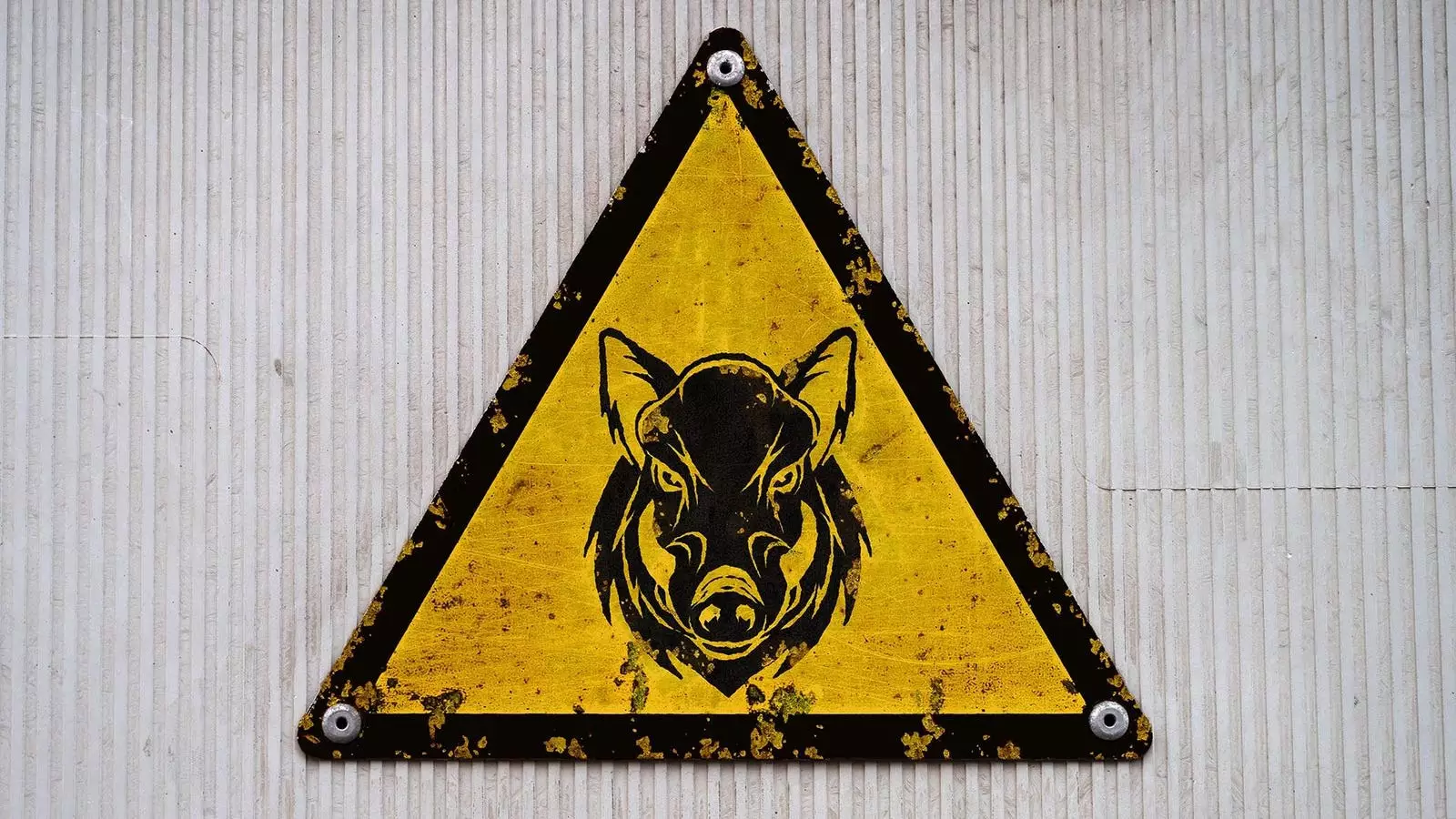The ongoing saga of Boar’s Head, a prominent name in the deli meat industry, has drawn attention not only for its products but also for a series of alarming allegations regarding workplace practices. As one delves deeper into the company’s operations, it becomes apparent that beneath the surface lies a troubling pattern of perceived misconduct that has prompted significant legal scrutiny. Reports indicate that Boar’s Head has been besieged with several lawsuits – raising serious concerns about employee treatment across its facilities.
One of the most troubling facets of these lawsuits is the claim of systemic racial discrimination. A notable case from a Georgia distribution center illustrates a workplace environment where Black employees reportedly faced bias in promotion opportunities. This culture of discrimination is compounded by allegations of rampant workplace harassment. In addition to claims regarding racial bias, a 2019 lawsuit documented a toxic atmosphere characterized by inappropriate and lewd discussions among employees, including shocking conversations about sexual acts in the workplace. Such allegations paint a grim picture of a corporate culture that seemingly tolerates unprofessional conduct.
Equally disconcerting are the allegations surrounding Boar’s Head’s treatment of disabled employees. A pair of former employees who were let go while recovering in the hospital claim their dismissals left them without health insurance or means to manage their medical expenses. This not only raises ethical concerns about the company’s treatment of vulnerable staff but also challenges Boar’s Head’s adherence to disability rights protections and workplace equality principles.
The company has responded to these accusations by labeling them as “unsubstantiated allegations,” suggesting a defensive stance. This response, however, risks alienating both current employees and potential customers who may be increasingly concerned with corporate ethics and accountability. In an age where consumers are more informed and engaged, failure to address these issues might lead to a significant backlash—a deterioration of trust that could affect the company’s brand image and market position.
The implications of these allegations extend far beyond the confines of legal battles; they speak volumes about Boar’s Head’s corporate ethos. In a landscape where diversity, equity, and inclusion are paramount, the alleged behaviors observed at various company locations highlight a pressing need for transformative change. To foster a truly inclusive workplace, companies must cultivate environments that promote respect and safety for all employees, which, given the gravity of the allegations, may require a reevaluation of current practices at Boar’s Head.
As the legal battles unfold and investigations continue, the Boar’s Head saga serves as a cautionary tale for companies in the food industry and beyond. It highlights the need for vigilant attention to workplace culture and the treatment of all employees. Addressing these undercurrents of discontent with seriousness and transparency will not only be crucial for Boar’s Head’s future but could also set a precedent in industry standards regarding workplace ethics and accountability. The road ahead will be fraught with challenges, but it could lead to necessary reforms that benefit the entire workforce, ultimately driving a positive change in corporate culture.

